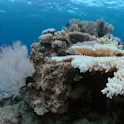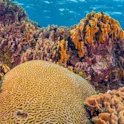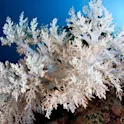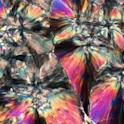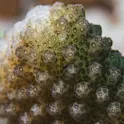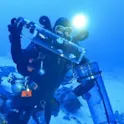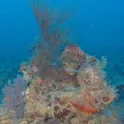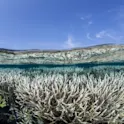Shading the Great Barrier Reef from the sun might slow bleaching-induced coral decline
By Deborah Pirchner, Frontiers science writer Image: Shutterstock As ocean temperatures rise, corals can lose their color due to heat stress. Bleaching does not kill corals immediately, but they become more vulnerable to disease and starvation. Shading reefs by covering them with cloth or fog, can protect them from excessive heat. Now, researchers have tested the shading response of two coral species and found that four hours of shade during the hottest time of the day can significantly slow bleaching. This knowledge can help with solar radiation management in marine ecosystems, including the Great Barrier Reef. Over the past two decades, coral reefs have declined at unprecedented rates. This is in part because of extreme weather events, which cause wide-spread coral bleaching, a process during which corals lose their color because of stressors, including changes in water temperature, light, or nutrient availability. One of the worst mass bleaching events occurred in 2016 and 2017 on the Great Barrier Reef, causing bleaching on 91% of the system’s reefs. As frequency and severity of mass bleaching events are expected to increase in the future, researchers are looking for ways to protect corals from excessive radiation and temperatures. As part of the Cooling […]

